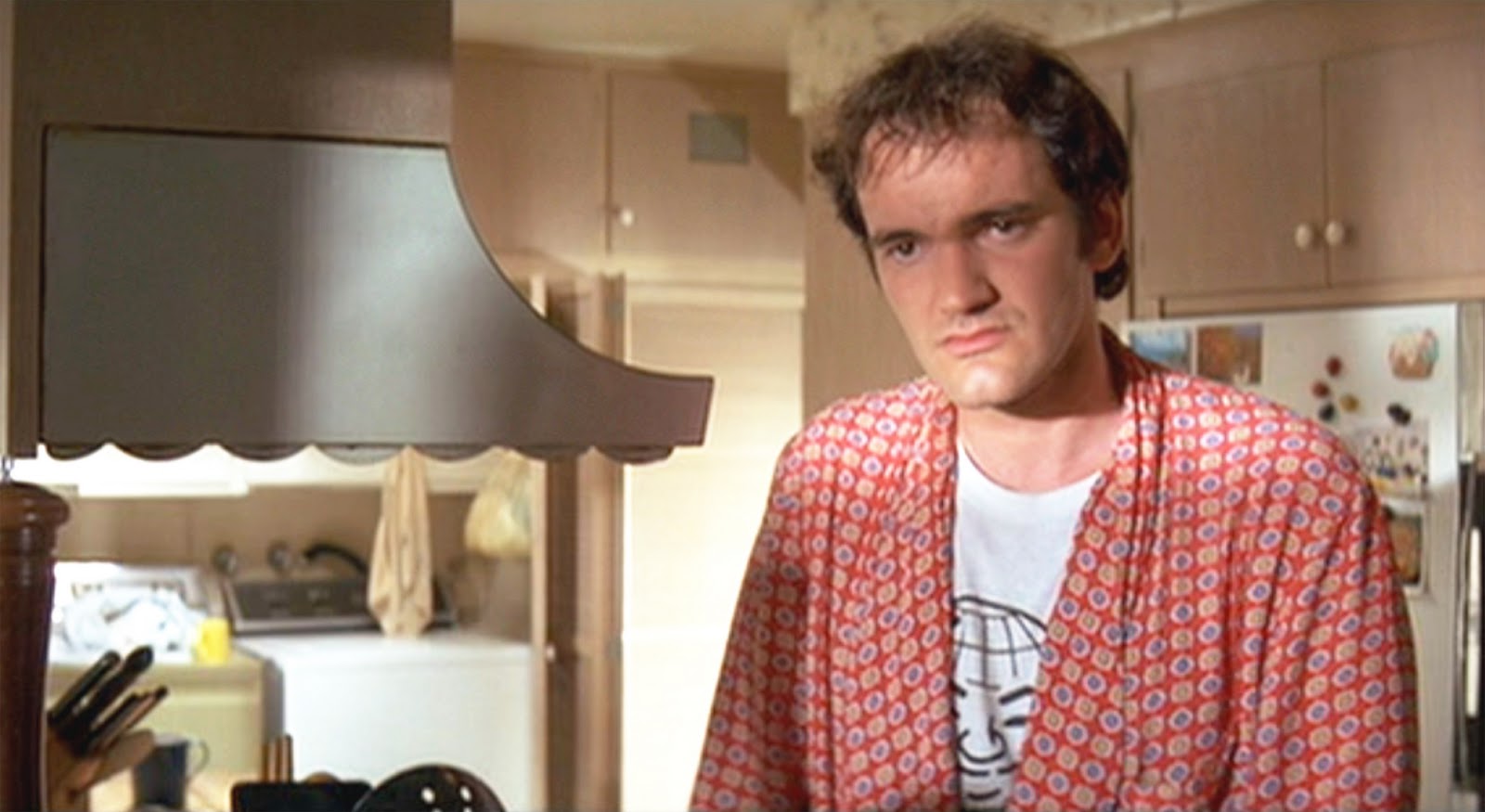Pulp Fiction is not just a film; it’s a cultural phenomenon that has left a lasting mark on the world of cinema. Directed by the iconic Quentin Tarantino, this 1994 film revolutionized storytelling in movies through its innovative narrative structure and unforgettable characters. In this article, we will delve deep into the essence of Pulp Fiction, exploring its themes, characters, impact on cinema, and much more.
Pulp Fiction stands as a testament to Tarantino's genius, showcasing his unique ability to blend humor, violence, and intricate storytelling. The film's intertwining narratives provide a darkly comedic look at crime in Los Angeles, ultimately highlighting the complexities of human nature. As we journey through this cinematic landscape, we will uncover the various layers that make Pulp Fiction a timeless classic.
From its memorable quotes to its eclectic soundtrack, the film has influenced countless filmmakers and continues to resonate with audiences today. Join us as we explore the details of this iconic film, its characters, and its enduring legacy in the world of cinema.
Table of Contents
- Biography of Quentin Tarantino
- Overview of Pulp Fiction
- Themes Explored in Pulp Fiction
- Key Characters in Pulp Fiction
- Impact on Cinema and Culture
- Awards and Recognition
- The Soundtrack of Pulp Fiction
- Conclusion
Biography of Quentin Tarantino
Quentin Tarantino was born on March 27, 1963, in Knoxville, Tennessee. He developed a passion for film at a young age and began his career working at a video rental store, where he immersed himself in cinema. Tarantino's unique style blends influences from various genres, including spaghetti westerns, kung fu films, and classic Hollywood cinema.
| Name | Quentin Jerome Tarantino |
|---|---|
| Born | March 27, 1963 |
| Notable Works | Pulp Fiction, Reservoir Dogs, Kill Bill, Django Unchained, Once Upon a Time in Hollywood |
| Awards | 2 Academy Awards, 2 BAFTA Awards, Golden Globe Awards |
Overview of Pulp Fiction
Released in 1994, Pulp Fiction is a neo-noir crime film that intertwines several stories, showcasing the lives of hitmen, mobsters, and small-time criminals. The film's non-linear narrative structure was groundbreaking at the time and contributed to its acclaim.
The film features a stellar cast, including John Travolta, Uma Thurman, Samuel L. Jackson, and Bruce Willis. Each character plays a pivotal role in the film's interconnected stories, leading to moments of tension, humor, and introspection.
Plot Summary
Pulp Fiction's narrative is divided into multiple segments, including:
- The lives of hitmen Vincent Vega and Jules Winnfield.
- A couple's attempted robbery at a diner.
- A gangster's wife and her adventures in the world of crime.
- A boxer who is double-crossed in a fight.
Themes Explored in Pulp Fiction
Pulp Fiction explores several themes that resonate with audiences, including:
Morality and Redemption
The characters in Pulp Fiction often face moral dilemmas, questioning their choices and seeking redemption. Jules, for example, undergoes a transformation that leads him to reconsider his life as a hitman.
Violence and Consequences
The film doesn't shy away from depicting violence, serving as a commentary on its prevalence in society. The characters' violent actions often lead to dire consequences, prompting audiences to reflect on the nature of violence.
Key Characters in Pulp Fiction
Pulp Fiction features a rich array of characters, each contributing to the film's narrative depth:
- Vincent Vega (John Travolta) - A hitman with a laid-back attitude.
- Jules Winnfield (Samuel L. Jackson) - Vincent's philosophical partner.
- Mia Wallace (Uma Thurman) - The enigmatic wife of mob boss Marsellus Wallace.
- Butch Coolidge (Bruce Willis) - A boxer who becomes entangled in the criminal underworld.
Impact on Cinema and Culture
Pulp Fiction's influence on cinema is undeniable. It revitalized the independent film movement of the 1990s and inspired a new generation of filmmakers. The film's structure and dialogue have been widely imitated, and it has become a cultural touchstone.
Moreover, Pulp Fiction's impact extends beyond cinema, influencing fashion, music, and popular culture. Its memorable quotes and scenes have permeated everyday conversations and references.
Awards and Recognition
Pulp Fiction received critical acclaim and numerous awards, including:
- Palme d'Or at the Cannes Film Festival (1994)
- Academy Award for Best Original Screenplay (1995)
- Golden Globe Awards for Best Motion Picture - Musical or Comedy
The Soundtrack of Pulp Fiction
The film's soundtrack is iconic, featuring a mix of surf rock, soul, and pop music that perfectly complements the film's tone. Songs like "Misirlou" by Dick Dale and "Girl, You'll Be a Woman Soon" by Urge Overkill have become synonymous with Pulp Fiction.
Conclusion
Pulp Fiction remains a landmark achievement in cinema, showcasing Quentin Tarantino's unparalleled storytelling and character development. Its themes of morality, violence, and redemption continue to resonate with audiences worldwide. If you haven't already, we encourage you to experience the film and join the conversation about its lasting impact.
We invite you to leave your thoughts in the comments below or share this article with fellow film enthusiasts. For more insights into the world of cinema, be sure to explore our other articles!
Thank you for reading, and we hope to see you again soon for more engaging content!
Exploring Mike Lindell's House: A Look Inside The Entrepreneur's Abode
Big Ben Crying: An Emotional Symbol Of London
Sirius Black's Sister: The Untold Story Of Regulus Arcturus Black


